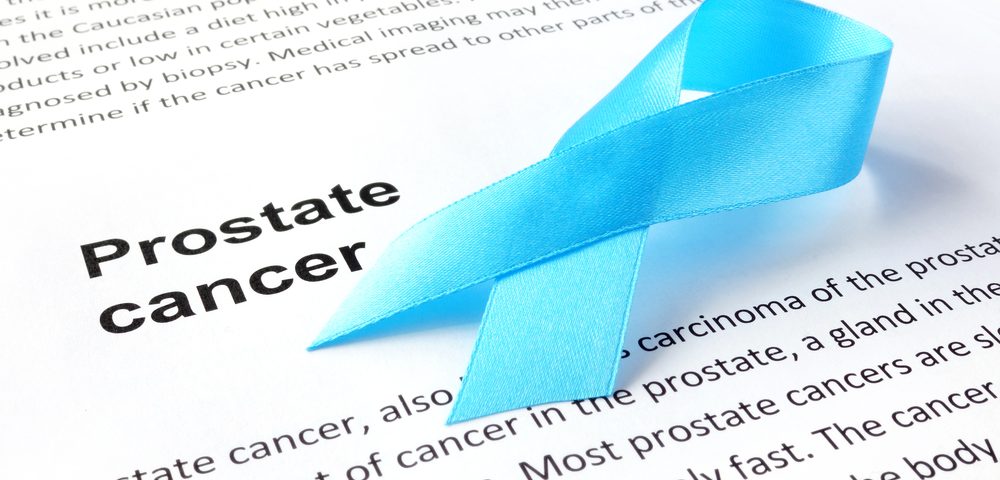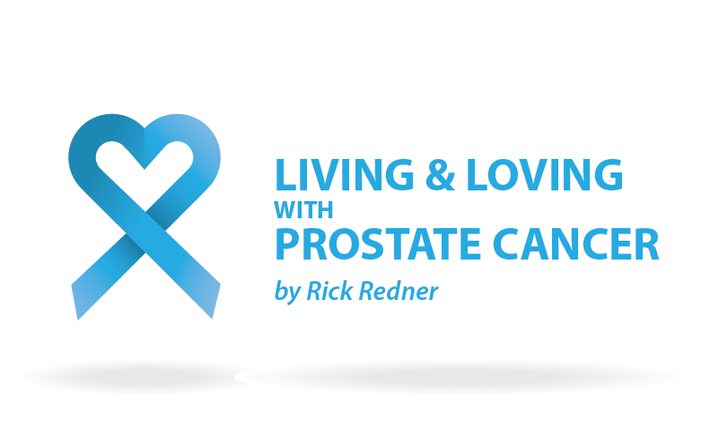The Question
I’ll never forget the question my urologist asked me during my appointment to discuss treatment options: “How would you like to treat your prostate cancer?”
I thought he was joking. I had a palpable lump, 4+3 Gleason score, and a potentially life-threatening disease. How could he expect me to come up with an intelligent answer about treating a disease I knew next to nothing about?
I can’t think of another illness, injury, or disease where I’ve been asked to decide the course of treatment. The only thing I knew at that time was I wanted to treat my prostate cancer aggressively.
I thought back to the dozen books I’d checked out from the library. The easiest form of treatment I could remember was brachytherapy. This option appealed to me because it would require only treatment and there wasn’t much down time. My primary objective was finding an aggressive treatment that was, first and foremost, convenient for me.
I was startled when my urologist ruled out my decision. He said that based on my urological history, I would not do well with brachytherapy. I’d just used up all the knowledge I’d accumulated. I had nothing else to offer. I knew he did, so I searched for a way to get him to tell me what I wanted to know.
The Answer
I formulated a question to get the answer I needed to hear. I asked, “If you had my urological history, a palpable lump, and a Gleason score of 4+3, how would you treat your prostate cancer?” Without hesitation he said, “I’d go for surgery.” I had my answer. I said, “That’s exactly what I want to do. I want surgery.”
The Warning
He gave me a serious, life-altering warning. “Given your urological history there’s a high probability you’ll never regain urinary control,” he told me. Under normal circumstances I’d never forget a life-changing warning like that, but given the anxiety and fear I was coping with, I’d forgotten his warning by the time I left his office.
The warning came back to me two weeks after my surgery and after spending my first day in diapers. By the end of that day, I passionately hated living in diapers. The possibility of living this way the rest of my life caused more grief than prostate cancer. I wondered if I’d made the worst mistake of my life in the way I decided to treat my prostate cancer.
Removing fear from the decision
- Don’t rush into treatment. Take time to investigate the effectiveness and quality of life issues of each treatment option.
- Talk to men who are further along in the journey with the treatment choice your are considering.
- If you base your treatment option on your fears about cancer, the odds are high you’ll suffer some unnecessary and permanent quality of life issues.
- Base your treatment decision on your diagnosis rather than your fears.
This is by far the most challenging task you’ll face as you consider your treatment options.
Note: Prostate Cancer News Today is strictly a news and information website about the disease. It does not provide medical advice, diagnosis, or treatment. This content is not intended to be a substitute for professional medical advice, diagnosis, or treatment. Always seek the advice of your physician or other qualified health provider with any questions you may have regarding a medical condition. Never disregard professional medical advice or delay in seeking it because of something you have read on this website. The opinions expressed in this column are not those of Prostate Cancer News Today or its parent company, BioNews Services, and are intended to spark discussion about issues pertaining to prostate cancer.


